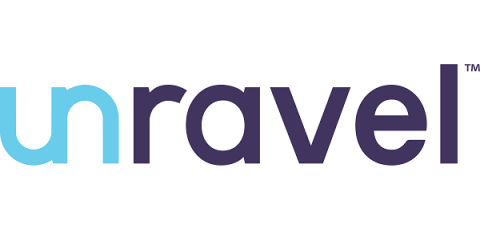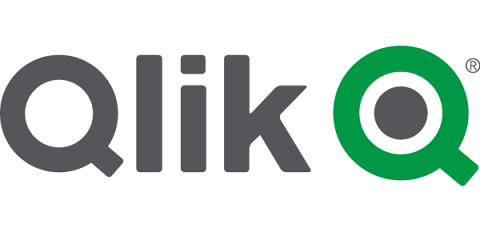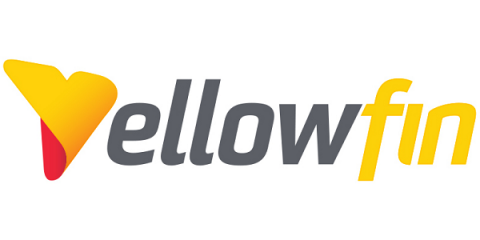Minding the gaps in your cloud migration strategy
As your organization begins planning and budgeting for 2021 initiatives, it’s time to take a critical look at your cloud migration strategy. If you’re planning to move your on-premises big data workloads to the cloud this year, you’re undoubtedly faced with a number of questions and challenges.








